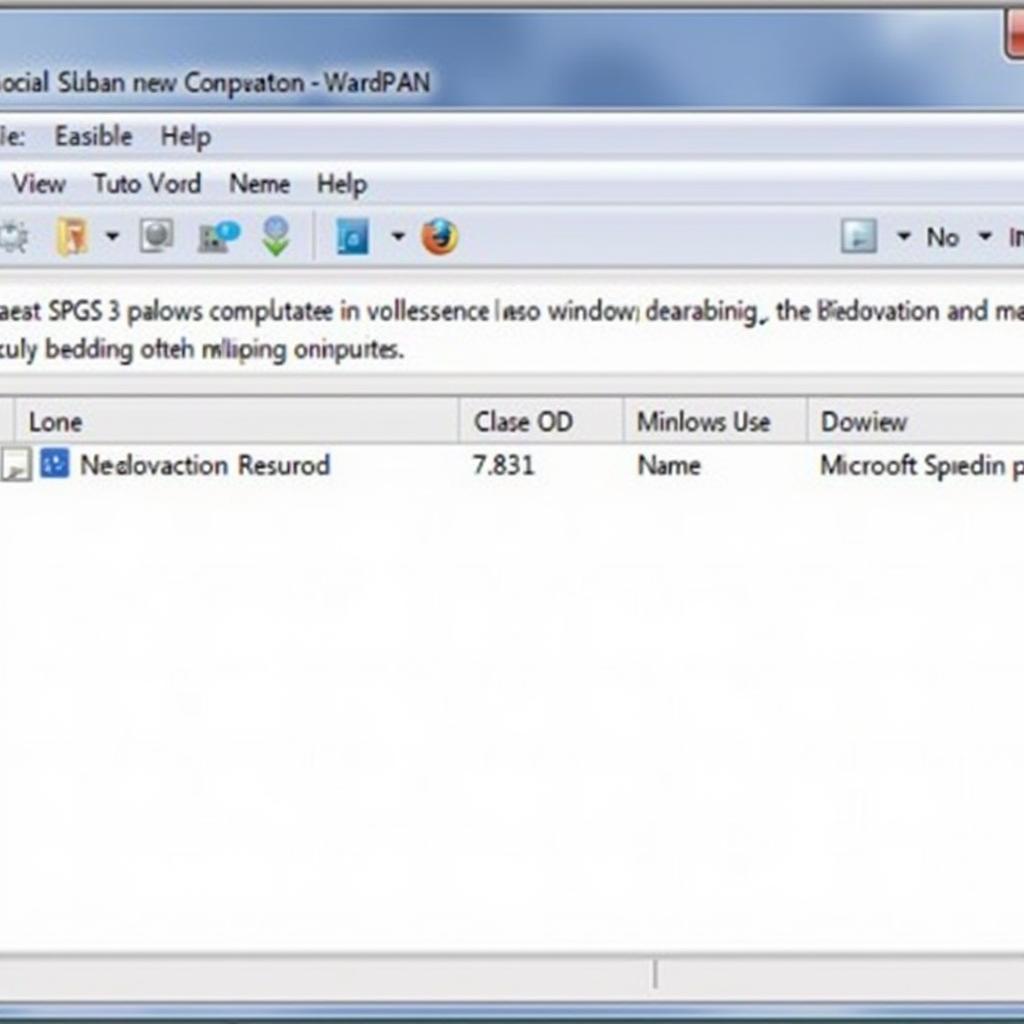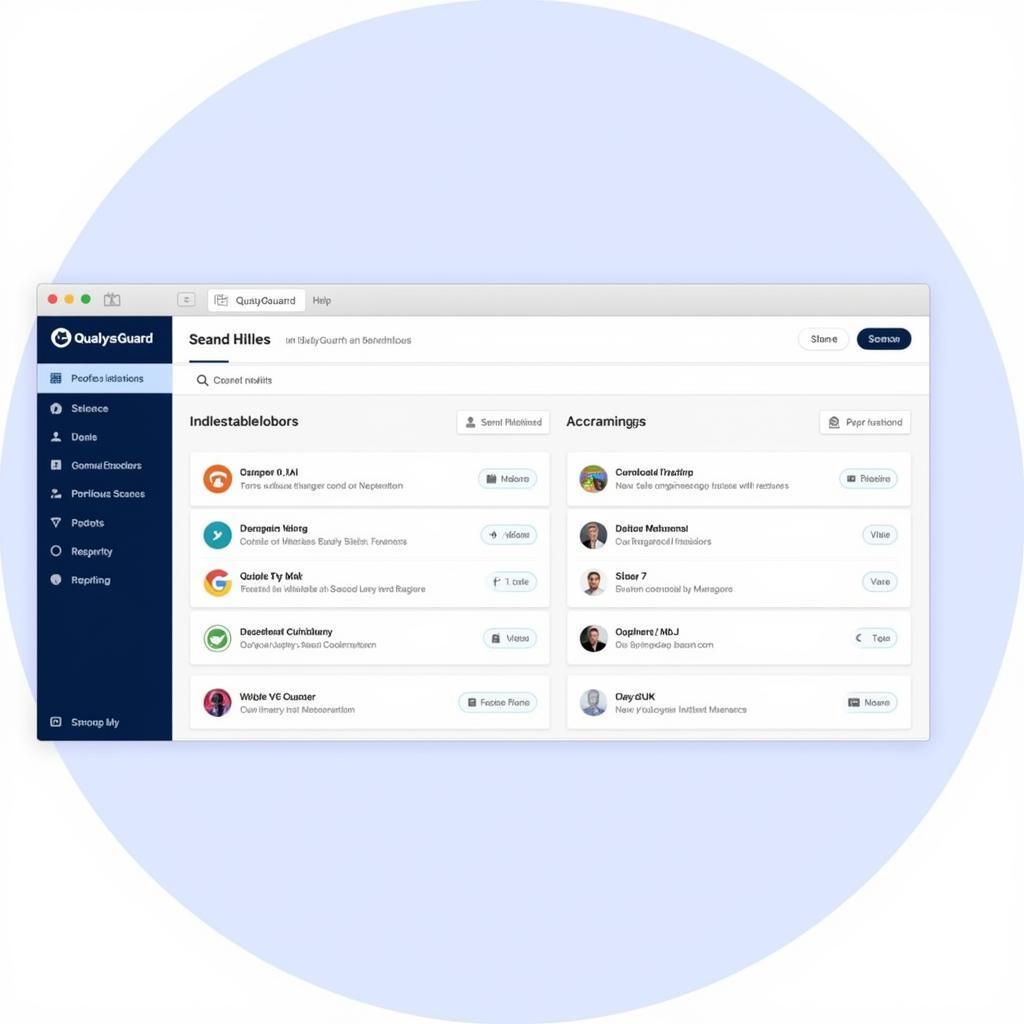Finding vulnerabilities in your company’s computers is a critical step in ensuring your network’s security. An outdated operating system can leave your data vulnerable to malware, ransomware, and other cyberattacks. This can be a costly mistake that can lead to data loss, system downtime, and reputational damage.
Luckily, there are tools available that can help you scan your company’s computers for operating system vulnerabilities. These tools can automate the process of scanning your systems, identifying potential threats, and providing you with recommendations for remediation.
Why You Need to Scan for Operating System Vulnerabilities
Outdated operating systems can pose a significant security risk for your company. Here are some reasons why it’s important to scan your systems regularly:
- Exploitable Security Holes: Outdated operating systems often have known security vulnerabilities that hackers can exploit. These vulnerabilities can allow attackers to gain unauthorized access to your network, steal sensitive data, or launch malicious attacks.
- Lack of Security Updates: Operating system vendors regularly release security updates to patch vulnerabilities and improve security. However, if your systems are not up-to-date, you may be missing out on critical security patches.
- Increased Risk of Malware Infections: Outdated operating systems are more susceptible to malware infections. Malware can infiltrate your system through various means, such as email attachments, infected websites, or malicious software.
- Compliance Requirements: Many industry regulations require businesses to maintain secure systems, including keeping operating systems up-to-date. Failing to comply with these regulations can lead to fines and other penalties.
How to Scan Your Company’s Computers for Operating System Vulnerabilities
There are several tools available that can help you scan your company’s computers for operating system vulnerabilities. Some of these tools are free, while others are paid.
Here are a few popular options:
- Microsoft Baseline Security Analyzer (MBSA): This free tool from Microsoft can be used to scan Windows computers for known vulnerabilities and missing security updates.
 Microsoft Baseline Security Analyzer Tool
Microsoft Baseline Security Analyzer Tool - Nessus: Nessus is a popular vulnerability scanner that can be used to scan a wide range of systems, including Windows, Linux, and macOS.
 Nessus Vulnerability Scanner
Nessus Vulnerability Scanner - OpenVAS: OpenVAS is a free and open-source vulnerability scanner that can be used to scan a wide range of systems for known vulnerabilities.
 OpenVAS Vulnerability Scanner
OpenVAS Vulnerability Scanner - QualysGuard: QualysGuard is a cloud-based vulnerability scanner that can be used to scan a wide range of systems for known vulnerabilities.
 QualysGuard Vulnerability Scanner
QualysGuard Vulnerability Scanner
What to Do After You Find Vulnerabilities
Once you’ve scanned your company’s computers for operating system vulnerabilities, it’s important to take action to address any vulnerabilities that are found. Here are some steps you can take:
- Prioritize vulnerabilities: Not all vulnerabilities are created equal. Some vulnerabilities may be more serious than others. It’s important to prioritize the most serious vulnerabilities and address them first.
- Install security updates: The best way to fix many vulnerabilities is to install security updates. These updates often include patches for known vulnerabilities.
- Disable or remove unnecessary services: You can reduce your attack surface by disabling or removing unnecessary services.
- Use strong passwords: It’s important to use strong passwords for all of your accounts. This helps to protect your data from unauthorized access.
- Implement multi-factor authentication: Multi-factor authentication adds an extra layer of security by requiring you to provide two or more forms of identification.
- Educate your employees: Your employees are often the weakest link in your security chain. Educate them about common security threats and how to avoid them.
Frequently Asked Questions
Q: What are the most common operating system vulnerabilities?
A: The most common operating system vulnerabilities include buffer overflows, SQL injection, cross-site scripting, and privilege escalation.
Q: How often should I scan my company’s computers for operating system vulnerabilities?
A: It’s best to scan your company’s computers for vulnerabilities at least once a month. However, it’s also a good idea to scan more frequently if you have a high risk of attack or if you’ve recently made changes to your network.
Q: What are some of the benefits of using a vulnerability scanner?
A: Some of the benefits of using a vulnerability scanner include:
- Improved security: Vulnerability scanners can help you identify and fix security vulnerabilities before they can be exploited by attackers.
- Compliance with regulations: Many industry regulations require businesses to use vulnerability scanners.
- Reduced risk: By identifying and addressing vulnerabilities, you can reduce the risk of attacks on your company.
- Cost savings: By identifying and fixing vulnerabilities before they are exploited, you can save your company money on the cost of data breaches, system downtime, and other security incidents.
Q: How can I choose the right vulnerability scanner for my company?
A: When choosing a vulnerability scanner, you should consider the following factors:
- The size of your network: If you have a small network, you may be able to get by with a free vulnerability scanner. However, if you have a large network, you may need a paid scanner that can handle a large number of systems.
- The types of systems you need to scan: Some vulnerability scanners are designed to scan Windows systems, while others can scan a wider range of systems, including Linux, macOS, and network devices.
- The level of support you need: If you’re not familiar with vulnerability scanners, you may want to choose a scanner that provides good support.
Q: What are some of the best practices for using a vulnerability scanner?
A: Here are some best practices for using a vulnerability scanner:
- Scan your systems regularly: It’s important to scan your systems at least once a month. However, you may want to scan more frequently if you have a high risk of attack or if you’ve recently made changes to your network.
- Use a variety of scanners: It’s a good idea to use multiple vulnerability scanners to get a more comprehensive view of your security posture.
- Prioritize vulnerabilities: Not all vulnerabilities are created equal. It’s important to prioritize the most serious vulnerabilities and address them first.
- Use a scanner that can identify both known and unknown vulnerabilities: Many vulnerability scanners only identify known vulnerabilities. However, it’s also important to look for scanners that can identify unknown vulnerabilities, such as zero-day vulnerabilities.
- Don’t ignore the results: It’s important to take action to address any vulnerabilities that are found.
Q: What are some of the limitations of using a vulnerability scanner?
A: Vulnerability scanners are not a silver bullet. They can only identify vulnerabilities that they are programmed to look for. They cannot identify all vulnerabilities. It is still important to take other security measures, such as using strong passwords, implementing multi-factor authentication, and educating your employees about security best practices.
Q: What are some common errors when using vulnerability scanners?
A: Common errors include:
- False positives: Some vulnerability scanners may report vulnerabilities that are not actually present.
- Ignoring the results: It’s important to take action to address any vulnerabilities that are found.
- Not using a variety of scanners: It’s a good idea to use multiple vulnerability scanners to get a more comprehensive view of your security posture.
Contact Us
If you need help scanning your company’s computers for operating system vulnerabilities, contact us today! We have a team of experienced professionals who can help you identify and address vulnerabilities, improve your security posture, and protect your data from attacks.
Contact us today for a free consultation!
WhatsApp: +1(641)206-8880
Email: [email protected]
Address: 276 Reock St, City of Orange, NJ 07050, United States.


